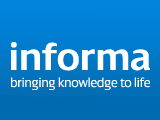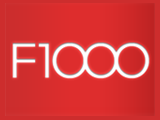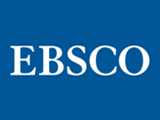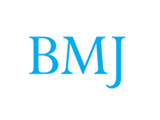The volume of scholarly and scientific research data available is projected to grow by a factor of 44 over the decade from 2010 to 2020, going from 0.8 zetabytes (ZB) to more than 35 ZB (1 ZB = 1 trillion gigabytes). In response to this unfathomable amount of information, the IP & Science business of Thomson Reuters convened a Forum of industry experts to discuss issues and potential solutions for the scholarly challenges ahead. It published its first output today in a whitepaper titled “Unlocking the Value of Research Data,” where Forum experts discuss the complexity of the issue and offer recommendations for the future.
Challenges outlined in the paper include:
1. Providing uniform access to a broad variety of research outputs, including limitations in making the data available, searchable and retrievable
2. The quality of the data and filtering content not yet subject to conventional peer review
3. Ways to incent researchers to ensure their works are accounted for and attributable
4. Open access and knowing what is to be copyrighted versus what is part of the public domain
5. The transformation of publishers from a pay-to-read to a pay-to-publish model
6. New forms of research assessment
The whitepaper highlights a number of organizations currently working to address these challenges, including figshare, the Research Data Alliance (RDA), the International Council of Science (ICSU) Data Publication Working Group, and Thomson Reuters with its Data Citation Index. The changing scholarly landscape will affect publishers, funders, authors, researchers and other stakeholders.
“Taming the tsunami of data that is to come in the next decade is a critical issue for everyone involved in scholarly and scientific research,” said Jasper Simons, vice president of product and market strategy for publishers and associations, Thomson Reuters Scientific & Scholarly Research and leader of the Industry Forum. “Thomson Reuters is pleased to be working with experts from across this field to delve into these matters and collaboratively find solutions. We are all to benefit from the solutions that unfold, as they will accelerate the pace of future research and innovation.”
The Forum recommends creating a consortium of publishers and associations to develop standards that will guide new modes of communicating and sharing data. The Thomson Reuters Data Citation Index is a step in that direction by providing new ways to share data; it gives users a comprehensive view of the genesis of a research project and the ability to influence the future paths it may take while minimizing the duplication of work and speeding scientific research.
Read the Thomson Reuters Industry Forum whitepaper on Unlocking the Value of Research Data. Other topics the Forum will cover include Open Access, Content Enrichment, Post Publication Peer Review and Research Workflows.
































